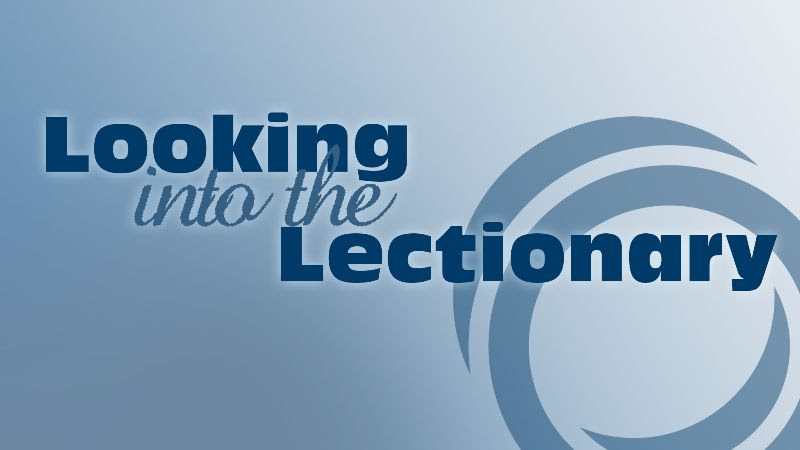As recently retired ministers, my wife and I are applying for long-term care insurance. The initial interview included questions about annual income, net worth, and liquid assets. Taking stock of what we have and trying to plan for the future has been a humbling experience. During that inventory, I wrote this lectionary reflection about the rich man who asked Jesus, “What must I do to inherit eternal life?” His track record of keeping the commandments since his youth was impressive. Perhaps he and others would attribute his wealth to his faithfulness. If so, then Jesus’s response to the rich man must have puzzled them all: “You lack one thing; go, sell what you own, and give the money to the poor, and you will have treasure in heaven; then come, follow me” (Mark 10:21). Whenever I have studied this story in a group setting, someone asks, “If all of us sold everything we own and gave the money to the poor, wouldn’t we then be among the poor? Who would take care of us?” Discussions of those questions would inevitably lead to attempts to temper the blow of Jesus’s demand of the rich man (and us?). Mirroring a classic interpretation, folks often say, “Well, Jesus must have meant that only for that man at that time. Surely he couldn’t expect everyone to do that!” The context of Mark’s story makes a difference. The story begins, “As [Jesus] was setting out on a journey” (v. 17). A few verses later (v. 32), we learn the road leads to Jerusalem. The story of the rich man (10:17-31) and the story of the request of James and John (10:35-45) act as bookends to the third time Jesus tells his disciples about his death and resurrection. The disciples’ reactions (perplexed in v. 24 and angry in v. 41) lead Jesus to tell them again the nature of true discipleship. When Peter points out that he and the other disciples “have left everything and followed you,” (v. 28), Jesus teaches, “But many who are first will be last, and the last will be first.” When the disciples as a group resent the jockeying of James and John for positions of power, Jesus again says, “Whoever wishes to become great among you must be your servant, and whoever wishes to be first among you must be slave of all” (v. 44). The dialogue between the rich man and Jesus is reminiscent of that between the lawyer and Jesus in Luke 10:25-37. There, the lawyer’s question echoes the rich man’s question almost verbatim, “Teacher, what must I do to inherit eternal life” (Luke 10:25)? Both the rich man and the lawyer engage in conversation with Jesus about keeping the commandments and Jesus “adds” one more thing for each of them to do: the rich man is to go, sell, and give; the lawyer is to go and do likewise. We Protestants get a bit nervous at this point. ...
Thanks to this week's writer Rev. Philip Gladden.
Read the rest of the commentary on the website. | 









No comments:
Post a Comment